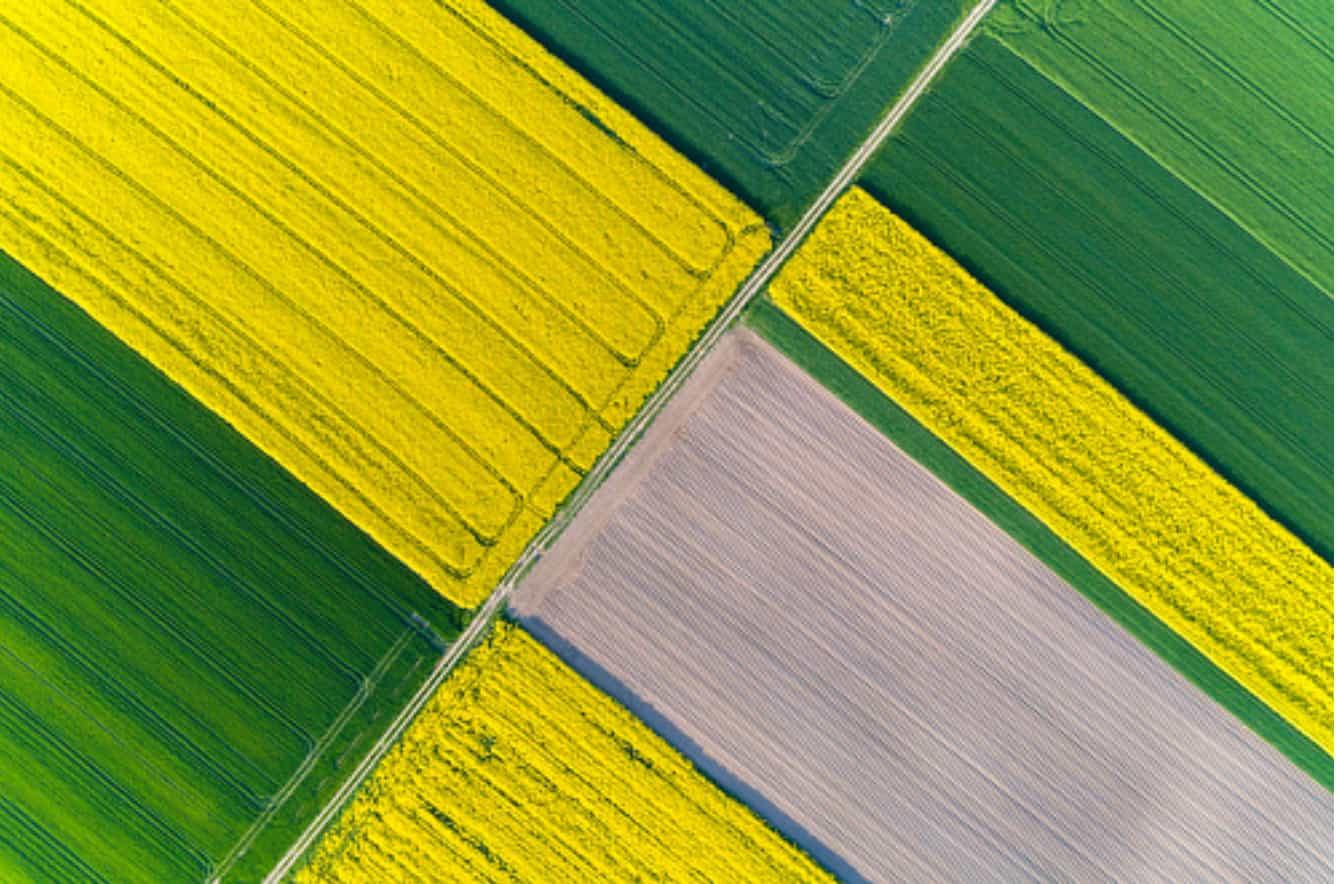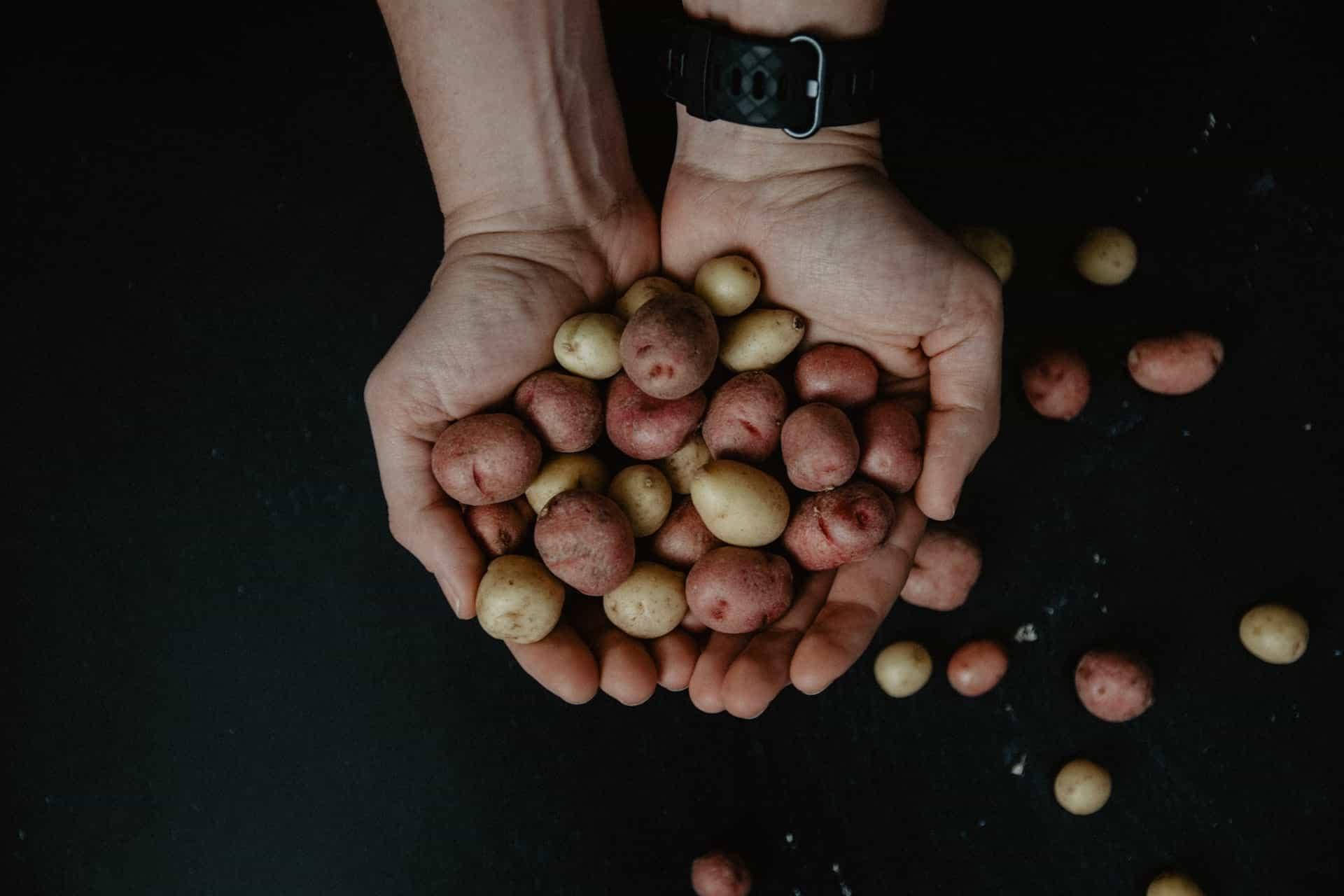Reducing Costs and Improving Water Use Efficiency for Potatoes Across a National Supply Chain
The Agros® Sustainability Score provides a standardized sustainability rating for any field around the world.

How GARS leveraged Agros® technology to develop a first-of-its-kind parametric product

by Miranda Schavrien
December 08, 2021
Crop insurance is an integral part of nearly every farming operation, but it’s generations-old approach to writing policies and filing claims was ready for a tune-up according to Global Ag Risk Solutions (GARS), a private multi-peril crop insurance provider. Using Agros® Technology, GARS created new crop-specific parametric products and tools to serve customers on demand, providing quotes within minutes and payouts for claims in days instead of months.
As a private crop insurance company, GARS offers revenue-based coverage and adaptable policies to farmers across North America. Their innovative core revenue coverage product insures three major operational expenses - seed, fertilizer and chemical inputs plus a portion of a farm’s gross-margin and has been a valuable risk management option for thousands of farmers since 2010. The comparatively small team prides itself on world-class customer service and efficiency. Continuing that innovative charge meant looking for ways to improve both quality of service and efficiency of process.
“Insurance has always been very people, paper and process heavy,” said Damon Johnson, Director of Strategic Projects, of the current methods for analyzing claims and coverage distribution. “When we stepped back and assessed the value points for our new parametric products, we could see there was an opportunity to add efficiency, speed and accuracy to the verification and claims process using sophisticated satellite-based technology which we developed with Agrograph’s team of data scientists and developers.”
For the crop insurance industry, filing claims for loss often triggers a lengthy process. Reviewing the claim, validating environmental or other damaging factors, adjusting the policy and arranging payment can oftentimes take far more than what is reasonable and preferable for a farmer trying to pivot or salvage any remaining potential for profitable yields.
GARS wanted to change that. They set out to find a solution that automated the claim validation and payment distribution process for canola farmers in Western Canada.
Canola, one of Western Canada’s most widely grown crops with 21M acres of annual production, generates about $11B CAD and is grown across most of the country’s breadbasket, a 75M acre region spanning Saskatchewan, Manitoba and Alberta. Prolonged periods of detrimental heat inhibit the canola plant's critical flowering stage and can result in significant yield and revenue loss. Thus a Canola Heat Blast Insurance was designed to cover those shallow losses for farmers.
Hot and dry conditions in recent years have affected nine in 10 canola townships across Canada, contributing to a nationwide loss of $525M in revenue. GARS saw an uptick in claims by customers seeking payouts throughout the canola-growing season. Producers needed dollars in their pocket for their loss and they wanted it quickly.
GARS saw this as an opportunity to implement a turnkey parametric program that would both write policies and automate the claims process for its customers in the event of a loss. But to do so, it needed a partner that could deliver trustworthy data science and data model development to power a parametric program. An exploration of several vendors to support this need ultimately led to a partnership with Agrograph.
“Parametrics is all about triggering decisions,” said Johnson. “We needed not only the data, but a strong partner that could take on this challenge with us.”
The challenge included measuring historical weather patterns and yield data to create a scaled pricing model for insuring canola farms. The partner would also support GARS in gathering needed insights to verify parametric insurance claims and process payments using new technology.
Agrograph first gave GARS access to downscaled historical climate data dating back to 1980. This informed not only regional weather, but validated weather data for land grids as small as 6 square miles. This data gave GARS the foundation needed to deliver on-demand policies to its customers through an online web platform. Once customers purchased a policy, making a claim became automatic. Agros® technology monitored temperatures for GARS’ canola portfolio. If conditions exceeded thresholds for more than the required number of days, it triggered automated payments to customers.
"This removed the step of filing a claim, validating data, and initiating payment. We’re now verifying claims in a couple of days, eliminating months of paperwork commonly associated with traditional crop insurance coverage," said Johnson.
But this data was only as good as the interface it lived in. Translating the data into a usable tool was the next step. GARS’ team of enterprise system developers and Agrograph’s Software Development team collaborated to develop a seamless user interface for both employees and customers. This ensured that this technology had a home, allowing the GARS team to quickly access and process parametric data, while also providing a transparent platform for customers that showcased field-level information.
Where can this technology take them? Anywhere in the globe.
Having implemented Agros® technology, GARS projects to grow 50x year over year beginning in 2022, something that will require the company to expand into new territories.
“We are pretty proud of what we did,” said Johnson. “We’ve positioned ourselves to expand anywhere in the globe without a large footprint or heavy infrastructure.”
In addition to the impressive growth and process improvements, exciting partnerships present added opportunities.
“We piloted the parametric product with Agrograph in 2021, intending to just get the technology out there and the results were exceptional. In doing so, we established a distribution partnership that is the first-of-its-kind.”
For the 2022 season, GARS partnered with Corteva Agriscience to insure fields planted with Brevant™ canola hybrids, creating what is essentially 'insurance in the bag'. The Heat Advantage™ insurance program automatically qualifies farmers for protection of up to $100 per acre in the event of excess heat during the critical flowering development stage of canola.
The partnership has generated more customers for the private insurer, helping to expand its book of business.
“To get long-term growth, we need long-term customers,” explained Johnson. “Creative partnerships like this help us to showcase our service and innovation to growers, ultimately increasing our customer base over time.”
GARS is not stopping here. The company continues to work closely with Agrograph, expanding into new commodities, peril coverages and cropping regions globally.
"Agrograph is more of a boutique type of shop,” said Johnson. “Having worked with the biggest of the big, you sometimes lose that shared vision and culture, especially as we embarked on this journey and sought to really innovate how the entire industry approached insurance.

Miranda Schavrien has served both national and state level agricultural organizations maintaining stakeholder relationships and managing outreach efforts. She is the Senior Marketing Strategist at Agrograph.

The Agros® Sustainability Score provides a standardized sustainability rating for any field around the world.
Using satellite imagery and verified data sources Agros® AI generates multi-layered insights to create a comprehensive lineup of solutions through Agros® Scores and Reports.